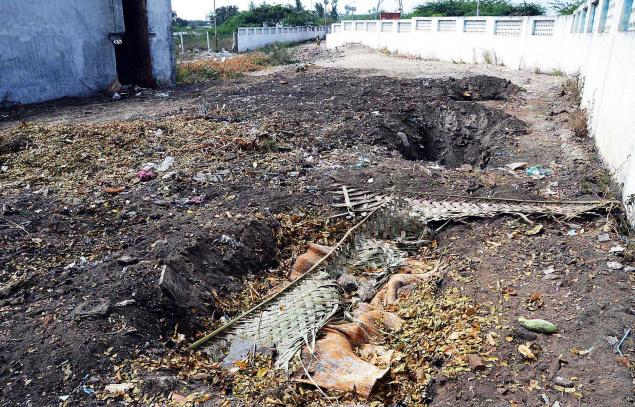Chennai :
The Union cabinet will soon sanction 13,000 crore for the initial phase of the 10-year Green India Mission to increase forest cover and quality of forests in the country, said Union forest and environment secretary V Rajagopalan. He said the project with a budget of 46,000 crore will get its first allocation by the end of this month.
He was inaugurating the fifth international ‘Casuarina workshop’ at Mamallapuram to tap the potential of casuarina cultivation for environment and livelihood.
The mission envisages increasing green cover in the country from 24% to 33% in 10 years. The mission is one of the 10 national missions under the environment ministry to deal with climate change and its impact. Rajagopalan said Green India Mission targets afforestation of 10 million hectares and methods being taken up include agroforestry to ensure livelihood support for local communities.
When asked about allegations that the Union ministry has cleared projects worth 1.5lakh crore immediately after the resignation of Jayanthi Natarajan as the environment minister, Rajagopalan said the projects were cleared following procedures. “They were long pending. There was nothing unusual in that,” he said.
The international casuarina workshop is hosted by the Coimbatore-based Institute of Forest Genetics and Tree Breeding. Addressing the workshop attended by scientists, farmers and industries, Rajagopalan said the cultivation, harvest, processing and transport of casuarinas generate employment and a stable market in the rural areas.
source: http://www.timesofindia.indiatimes.com / The Times of India / Home> Environment> Flora & Fauna / TNN / February 04th, 2014

